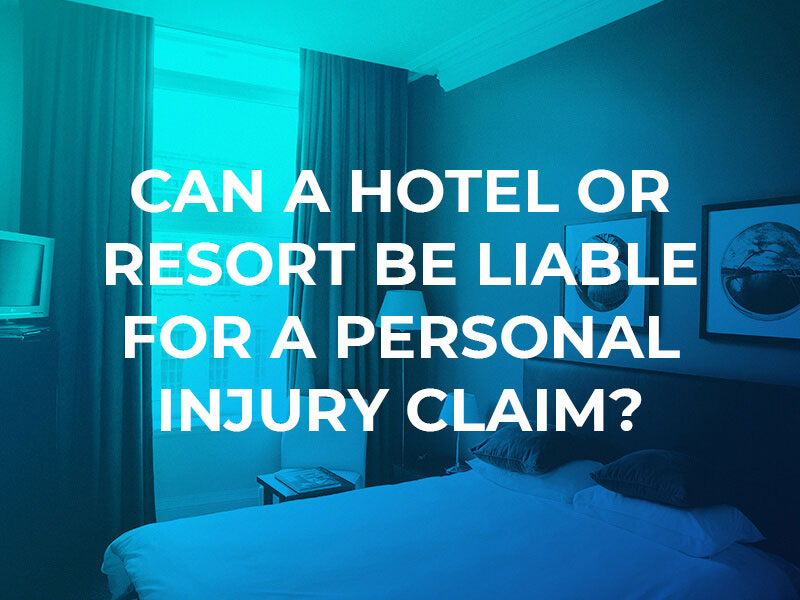Can a Hotel or Resort be Liable for a Personal Injury Claim?
There are plenty of hotels and resorts in Georgia, and millions of tourists stop in the state annually. One of the best parts of a hotel, for many people, is going to a swim in the hotel pool. They are relaxing, especially after a long day around town. However, there are risks associated with swimming in a pool at a hotel. This can include:
- A slip and fall injury
- Drowning or near-drowning
- Getting sucked into a broken drain
- Injuries from broken or rusty ladders

What are the duties of a hotel or resort?
A hotel or resort has a general duty to exercise reasonable care in providing a safe premises for their guests. A hotel guest is considered an ‘invitee’ under premises liability law and has a recognized right to be there. Some of the most common hotel and resort duties include:
- Maintaining adequate lighting in guest access areas
- Controlling insect infestations (bedbugs)
- Maintaining proper security to avoid theft and other crimes
- Training pool staff to prevent guest injuries
- Repairing any hotel defects that are unsafe for guests
- Maintaining and inspecting all stairs and elevators
- Maintaining locks to all hotel rooms
Some of the most common causes of injuries that occur in a hotel include:
- Injuries from broken furniture used regularly by guests
- Slip and fall incidents from a wet floor or other floor obstacles
- Bed bugs in beds, mattresses, and pillows
- Criminal conduct on the grounds due to poor security
- Food poisoning due to improper sanitation procedures by staff
- Swimming pool injuries due to lack of supervision or warnings to prevent injuries
Do those signs at a pool mean the hotel has no liability?
When you go to a hotel pool, chances are there will be a sign there that says something along the lines of, “Swim at your own risk. No lifeguard is present. Users waive all liability.”
Do these signs really mean that the hotel or resort has no liability if an injury occurs?
Not necessarily. There are times when the actions taken (or not taken) by hotel owners and operators contribute directly to the injury, and they could be held liable.
- Intentional acts – Any waiver that waives all liability or liability for reckless and intentional acts is unenforceable. These waivers are usually considered overbroad and against public policy. If a hotel employee pushed someone into the pool or caused them to fall and break an arm, then that employee’s intentional action means that the hotel’s liability cannot be waived.
- Negligence and gross negligence – There is a difference between negligence and gross negligence. Courts may uphold a waiver of liability for simple negligence. Negligence is being careless or not acting in a way any reasonable person would. However, gross negligence is a much more serious level of inattention or disregard for a person’s safety.
Is an attorney necessary for these cases?
If you or a loved one are injured at a hotel or resort due to the negligence of the hotel staff, you should speak to a qualified personal injury attorney. These cases can become complex and could require extensive investigation of the property’s safety history, surveillance footage, eyewitness accounts, and more. Hotels and resorts may be liable for guest injuries, and you could be entitled to compensation.